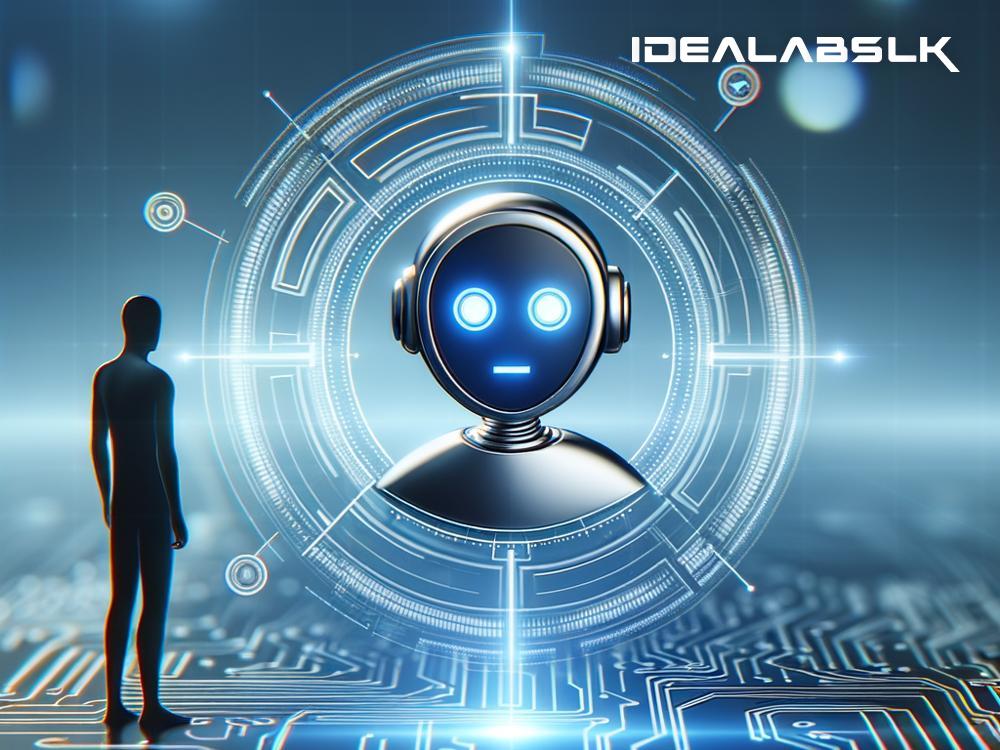The Future of Chatbots in Digital Customer Service
In a world where digital technology is a constant companion, chatbots are becoming increasingly significant in the realm of customer service. For those unfamiliar, imagine having a helper available 24/7, ready to assist you with your questions or problems without the need for breaks or sleep. This is what chatbots offer, as they use artificial intelligence (AI) to interact with users, providing answers and solutions in real-time. The future of chatbots in digital customer service is not just bright; it's transformative, with the potential to revolutionize the way businesses connect with their customers.
As we look forward, several trends and developments suggest exciting changes on the horizon for chatbots and digital customer service:
1. Smarter Chatbots with Advanced AI
The intelligence of chatbots is rapidly advancing thanks to improvements in AI and machine learning. Imagine chatting with a bot that can understand your emotions or sense your frustration. These emotionally intelligent chatbots are not a far-off dream but an imminent reality, aiming to provide more empathetic and personalized support. They will be able to adjust their responses based on the tone and context of the conversation, making interactions feel more human-like.
2. Voice-Activated Assistance
The popularity of voice assistants like Siri and Alexa points to a future where typing might not be necessary. Chatbots are expected to follow suit, moving beyond text-based interactions to voice commands. This shift will make customer service more accessible, as users can simply 'speak' their queries and get immediate assistance, mirroring a natural conversation with a human representative.
3. Seamless Integration Across Platforms
Currently, interacting with a chatbot might require you to be on a specific website or app. However, the future promises a seamless transition of chatbot services across different platforms and devices. Whether you're on social media, browsing a website, or using a messaging app, the same chatbot will be able to assist you without any disruption in service. This interconnectedness will offer unparalleled convenience to users, making customer service a more cohesive experience.
4. Proactive Customer Engagement
Imagine not having to reach out for help because help comes to you. Future chatbots will not just wait for you to initiate contact; they'll predict your needs and offer assistance before you even ask. Based on your previous interactions and preferences, they can notify you of relevant updates, suggest solutions, or remind you of important tasks. This proactive approach will enhance customer satisfaction, as users feel valued and understood.
5. Personalization at Its Core
As chatbots become more intelligent, they'll be able to offer highly personalized experiences. By analyzing a user's past behavior, preferences, and interactions, chatbots can tailor their responses and recommendations. This level of personalization means that two people could ask the same question and receive different answers based on their unique profiles. Such individualized attention was once only possible through human agents but will soon be a standard feature of digital customer service.
6. Greater Integration with Internet of Things (IoT) Devices
The Internet of Things (IoT), which connects physical devices to the internet, will play a significant role in the evolution of chatbots. In the future, chatbots could control your smart home devices, set reminders on your smartwatch, or even order groceries for your smart fridge. This integration would make chatbots an even more integral part of our daily lives, providing assistance that goes beyond mere conversation.
7. Enhanced Security and Privacy
With great power comes great responsibility, especially regarding data security and privacy. Future chatbots will incorporate more robust security measures to protect user data. This includes advanced encryption techniques and compliance with international privacy regulations. Users can interact with chatbots with the confidence that their information is safe and secure.
Conclusion
The future of chatbots in digital customer service is filled with potential and excitement. As these technologies continue to evolve, they will offer more natural, seamless, and personalized interactions, fundamentally changing the relationship between businesses and their customers. Rather than replacing human customer service representatives, chatbots will augment and enhance the service experience, making it more efficient, accessible, and enjoyable for everyone involved.
As we look to this future, one thing is clear: chatbots are not just a passing trend but a vital component of the next generation of customer service. Their continuous improvement and integration into our digital lives will ensure they remain at the forefront of providing exceptional customer experiences.

